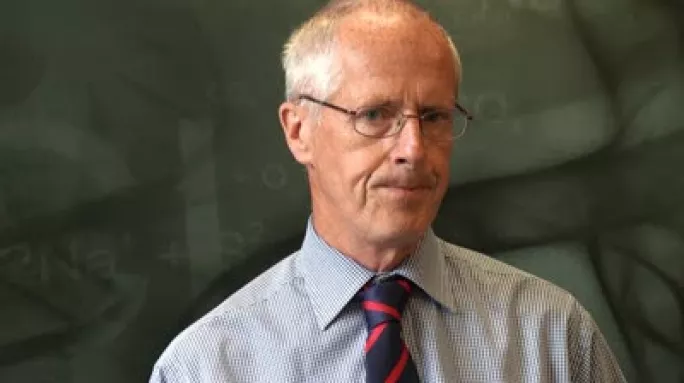‘Britain’s world-renowned scientific status will be lost if we do not encourage more students to study Stem subjects’
Sir John Holman, member of the Royal Society’s Vision for Science and Mathematics Education Committee, emeritus professor of chemistry at the University of York and senior education adviser for The Wellcome Trust and the Gatsby Charitable Foundation, writes:
In the past year, great strides have been taken towards making sure all young people continue to study mathematics in some way until the age of 18. This is an important step in making sure the education we provide to students equips them to succeed in life, because mathematics is something that everyone needs, whatever their job.
But we can do more and make sure that everyone studies some kind of science to 18 as well. The skills learnt in science are desperately needed by employers in the UK. The CBI has said that 39 per cent of businesses struggle to recruit those with appropriate skills in Stem subjects.
Britain has world-renowned science, technology, engineering and manufacturing industries, but there is a real danger that this status will be lost as ambitious nations, such as China, do more to ensure young people leave education with the right scientific and mathematical skills. It is a deeply concerning situation that needs to change. The Royal Society’s Vision for science and mathematics education report published today, which I helped to produce, says all young people should study both science and mathematics until 18 as part of a new broad and balanced curriculum. This is not only about meeting the needs of industry: science is the dominant culture of the 21st century, and people with scientific knowledge and skills are better placed to play their part in our democracy as we face challenges such as climate change, food security and antibiotic resistance.
Of course, we do not necessarily mean everyone should study A-levels in chemistry, biology and physics. We want a new range of challenging and stimulating courses in maths and science to be on offer that will capture the interest of all, and we want teachers - as well as academics and employers who use science and mathematics - to help create these qualifications.
For example, you could have a course in science and society that might be chosen by a student planning to study history at university, as well as physics, chemistry and biology courses respected by academics for those who want to study science at university. The same opportunity to study science and mathematics until 18 must also be given to those who study more technical courses, set within a practical context.
We want young people to be offered a much richer curriculum choice than they are getting at the moment, with lessons including more practical work. We want students to get the same rich experience in science as those students at two schools I have visited recently, Liverpool Life Sciences College and Tapton School in Sheffield, where I have seen 17-year-olds doing practical genomics of undergraduate standard and filled with enthusiasm for science.
Many students who currently drop science at 16 to focus on other subjects have told me that they would actually enjoy taking a practical science as an additional subject if only there were room in the curriculum for it within a broader baccalaureate-style curriculum.
We know this is a big change, but the experience of other nations shows it works, and with the age for leaving education in England soon rising to 18, it is time to reassess the qualifications we offer young people. We cannot predict what the rest of the 21st century will bring, but we owe it to young people to equip them for it in the best way we can.
Keep reading for just £1 per month
You've reached your limit of free articles this month. Subscribe for £1 per month for three months and get:
- Unlimited access to all Tes magazine content
- Exclusive subscriber-only stories
- Award-winning email newsletters




